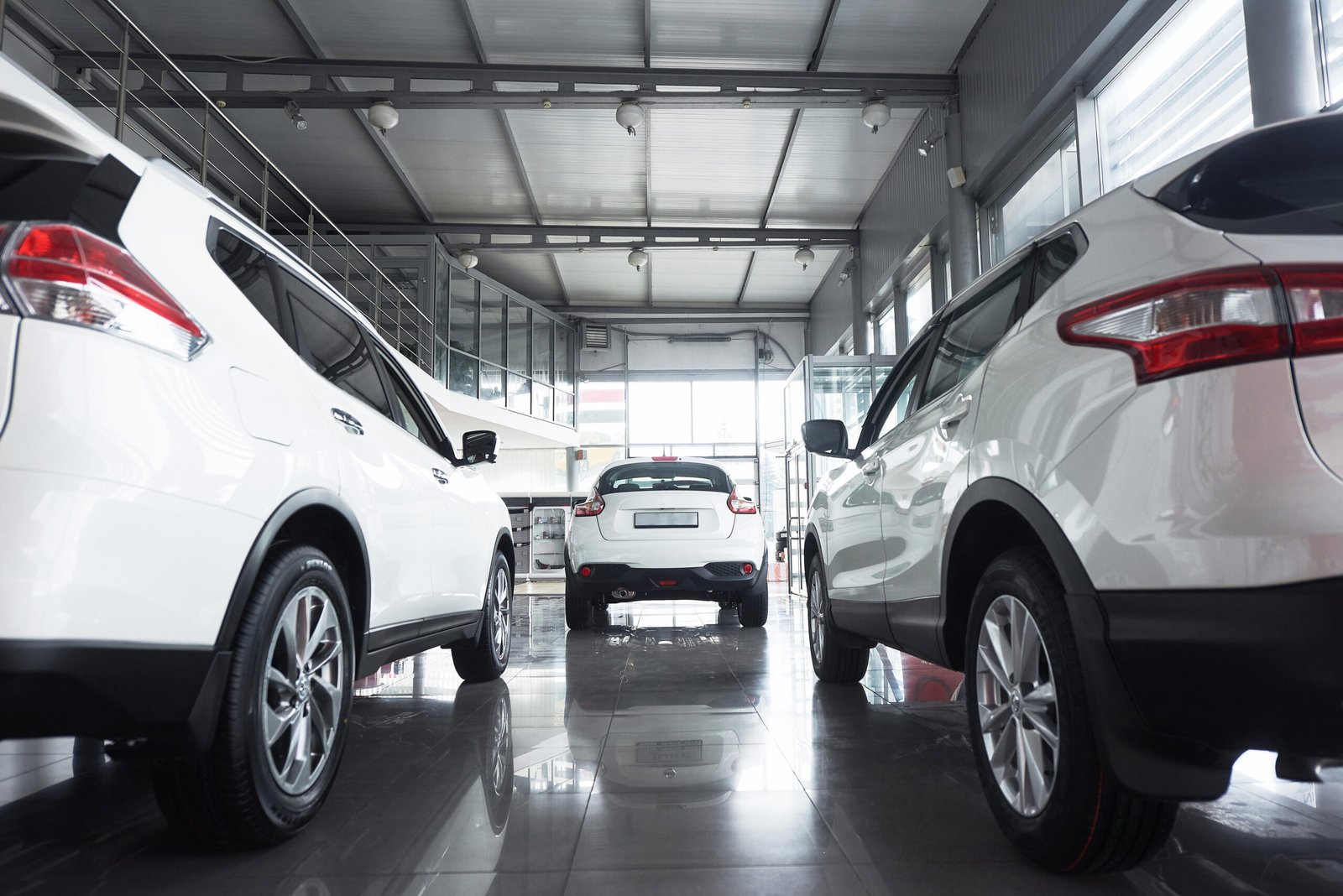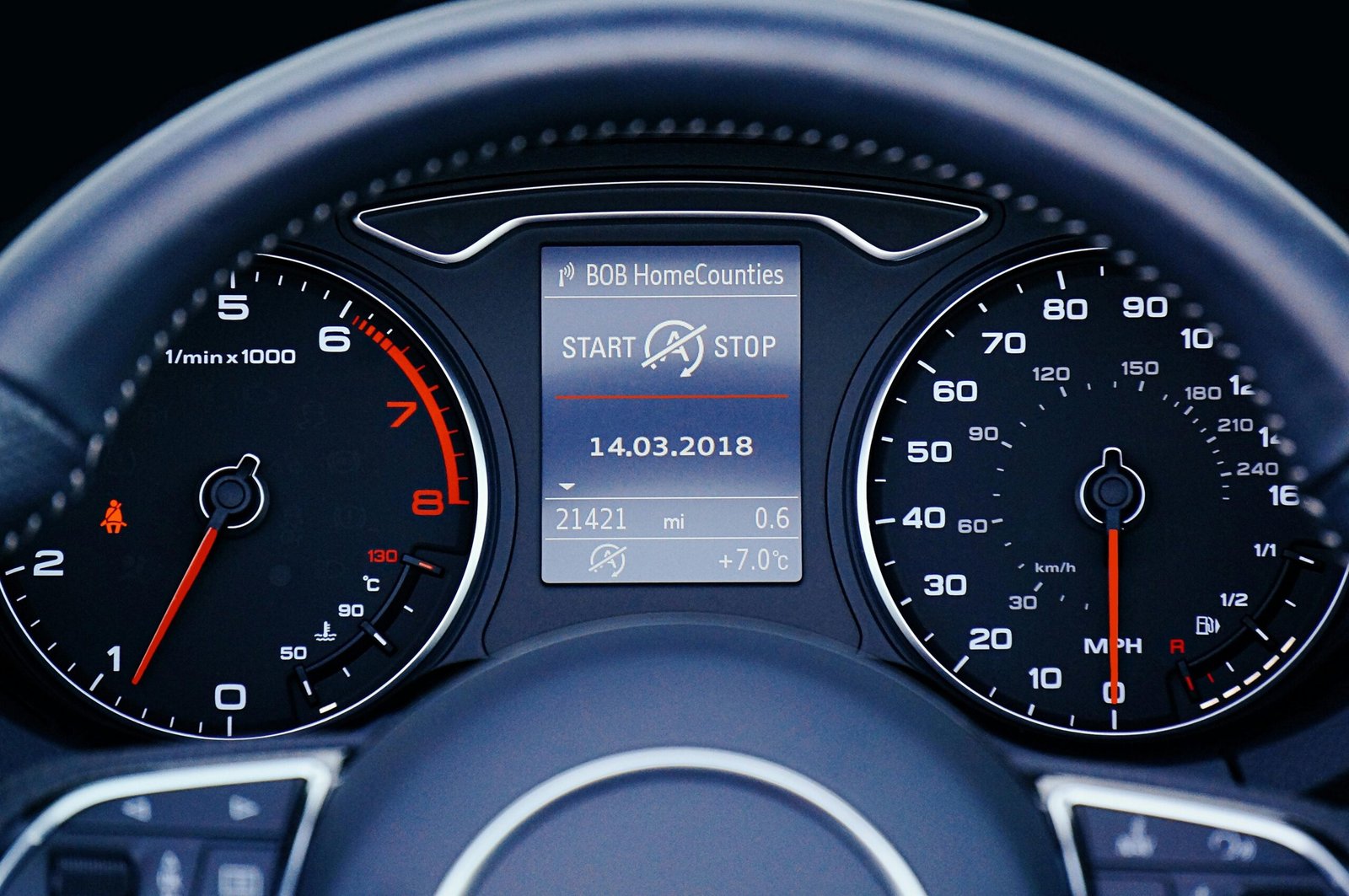Introduction
In today’s economic climate, where fuel prices are on a constant rise, learning how to save money on fuel is not just an option but a necessity for many. This guide aims to offer practical and actionable tips to help you reduce your fuel expenses. By exploring different aspects such as vehicle maintenance, driving habits, and technological aids, this guide provides a holistic approach to fuel saving. Whether you are a daily commuter, a long-distance traveler, or someone looking to adopt a more environmentally friendly lifestyle, this guide offers valuable insights to help you achieve your fuel-saving goals.
Understanding Fuel Consumption
Factors Affecting Fuel Consumption
Fuel consumption can vary significantly based on several factors. The type of vehicle you drive, the condition of your engine, the terrain you navigate, and even the weather conditions play a role in how much fuel your car consumes. For instance, a larger, heavier vehicle will typically use more fuel than a smaller, lighter one. Additionally, driving in hilly or mountainous areas or in extreme temperatures can also increase fuel consumption. By understanding these factors, you can better manage and optimize your fuel usage.
The Role of Vehicle Maintenance
Regular vehicle maintenance is crucial for optimal fuel efficiency. Keeping your engine properly tuned and ensuring that the air and fuel filters are clean can significantly improve your car’s fuel consumption. Additionally, maintaining correct tire pressure is essential as under-inflated tires can lead to increased fuel consumption. Regular check-ups not only extend the lifespan of your car but also ensure it runs efficiently, consuming less fuel.
Driving Habits and Fuel Efficiency
Tips for Efficient Driving
Efficient driving is key to reducing fuel consumption. This includes avoiding rapid acceleration and heavy braking, which consume more fuel. Keeping a steady pace, using cruise control on highways, and minimizing idling time can also lead to significant fuel savings. Additionally, planning your trips to avoid heavy traffic and using air conditioning sparingly can further reduce fuel consumption.
The Impact of Speed on Fuel Consumption
Speed plays a critical role in fuel efficiency. Driving at very high speeds increases aerodynamic drag, leading to higher fuel consumption. Studies have shown that vehicles are most fuel-efficient when driven at moderate speeds. Keeping within speed limits not only ensures safety but also helps in conserving fuel.
Choosing the Right Vehicle
Fuel-Efficient Vehicle Models
Choosing the right vehicle can make a substantial difference in fuel consumption. Many car manufacturers now offer models that are designed for fuel efficiency. Cars with smaller engines, lightweight designs, and advanced aerodynamics tend to consume less fuel. This section will explore various models known for their fuel efficiency, providing you with options that align with your driving needs and environmental concerns.
Hybrid and Electric Alternatives
Hybrid and electric vehicles represent the future of eco-friendly transportation. Hybrids combine a gasoline engine with an electric motor, offering a balance between traditional and electric driving. Pure electric vehicles, while having a higher upfront cost, can lead to significant savings in fuel costs over time. This section will delve into the benefits of these vehicles, including their environmental impact and long-term cost-effectiveness.
Utilizing Technology
Fuel Tracking Apps
In the digital age, numerous apps are available to help you track and manage your fuel consumption. These apps can provide detailed insights into your driving habits, suggest fuel-efficient routes, and even locate the cheapest fuel stations nearby. By leveraging such technology, you can gain a better understanding of your fuel usage and identify areas for improvement.
Navigation and Traffic Apps
Navigation apps are not just about finding the shortest route; they can also help in saving fuel. Modern navigation apps offer real-time traffic updates, allowing you to avoid congested routes that lead to excessive idling and fuel consumption. Some apps even provide eco-friendly route options that are optimized for lower fuel usage.
Alternative Transportation Methods
Public Transport
Public transportation is an excellent alternative to driving, especially in urban areas where services are frequent and reliable. Utilizing buses, trains, or subways for your daily commute can significantly reduce your personal fuel consumption, save money, and reduce your carbon footprint. This section will explore the benefits of public transport and how it can be integrated into your daily routine.
Carpooling and Ridesharing
Carpooling and ridesharing are not only cost-effective but also environmentally friendly. By sharing rides with others, you can split fuel costs, reduce traffic congestion, and lower your carbon emissions. This section will discuss various carpooling and ridesharing options available, along with tips on how to organize and manage a successful carpool.
Government Incentives and Programs
Many governments offer incentives and programs to encourage fuel-saving practices. These can include tax breaks for purchasing fuel-efficient vehicles, subsidies for public transportation, and grants for research in eco-friendly transportation technologies. This section will provide an overview of such programs and how you can benefit from them.
FAQs on Saving Fuel
1. What are the best ways to maintain my vehicle for optimal fuel efficiency?
Regular maintenance is crucial. This includes regular oil changes, ensuring your tires are properly inflated, keeping your air filters clean, and getting your engine checked periodically. These steps help your vehicle run more efficiently, thereby saving fuel.
2. How does driving speed affect fuel consumption?
Higher speeds generally lead to higher fuel consumption. Most vehicles are most fuel-efficient when driven between 50-70 mph. Driving at speeds significantly higher than this range typically results in increased fuel consumption due to greater air resistance.
3. Are hybrid vehicles a good choice for saving fuel?
Yes, hybrid vehicles can be an excellent choice for saving fuel. They combine an internal combustion engine with an electric motor, which can significantly reduce fuel consumption, especially in city driving with frequent stops.
4. How can route planning help in saving fuel?
Efficient route planning can help avoid heavy traffic, reduce idling, and shorten travel distances. Utilizing GPS navigation apps that offer real-time traffic updates can assist in finding the most fuel-efficient routes.
5. Can carpooling significantly reduce fuel costs?
Yes, carpooling is an effective way to save fuel. By sharing rides, you not only split the fuel cost but also contribute to reduced traffic congestion and lower emissions.
6. Is it more fuel-efficient to drive with windows down or use air conditioning?
At lower speeds, it’s generally more fuel-efficient to drive with the windows down. However, at higher speeds, the drag caused by open windows can reduce fuel efficiency, making air conditioning a better choice.
7. Does carrying excess weight in the vehicle affect fuel consumption?
Yes, carrying unnecessary weight can lead to higher fuel consumption. It’s advisable to remove heavy items from your vehicle if they are not needed for your journey.
8. Are there any smartphone apps that can help with fuel efficiency?
Yes, there are several apps designed to monitor driving habits and provide tips on fuel efficiency. Some apps also track your fuel usage and expenses, while others help locate the cheapest fuel prices nearby.
9. How do driving habits impact fuel efficiency?
Aggressive driving, including rapid acceleration and hard braking, significantly increases fuel consumption. Smooth, steady driving, anticipating traffic flow, and maintaining a consistent speed can improve fuel efficiency.
Conclusion
In conclusion, saving money on fuel involves a combination of maintaining your vehicle, adopting efficient driving habits, choosing the right vehicle, and leveraging technology. By being mindful of these aspects, you can significantly reduce your fuel expenses. Remember, each small step towards improved fuel efficiency not only helps your wallet but also contributes to a healthier environment. Embracing these practices will not only lead to immediate savings but also foster sustainable habits for the future.




